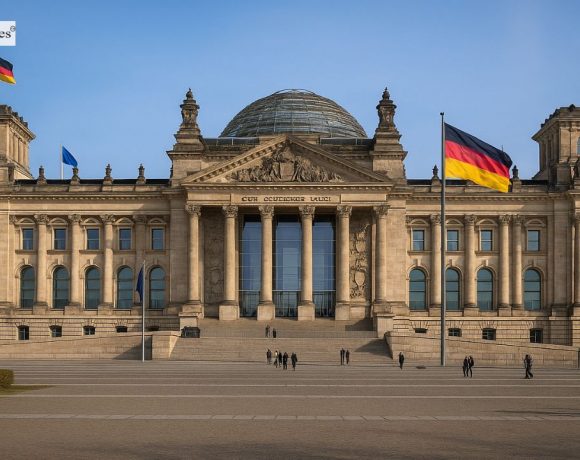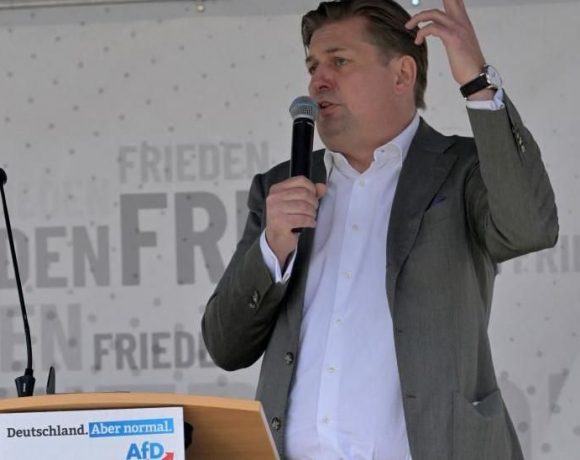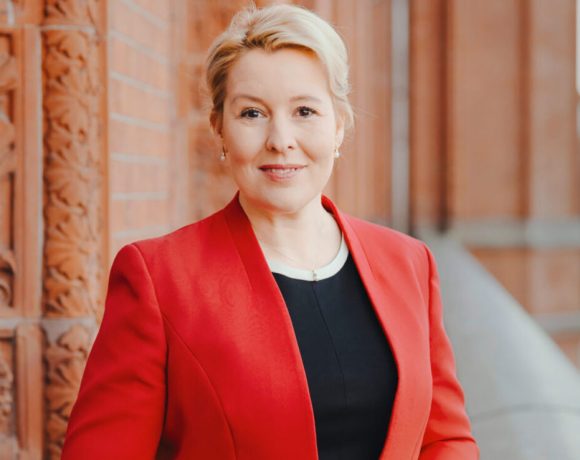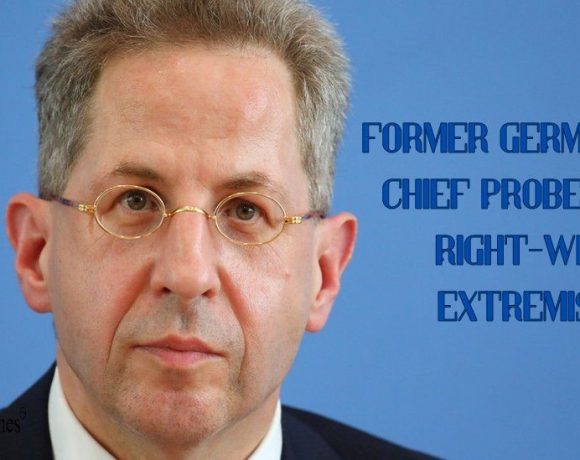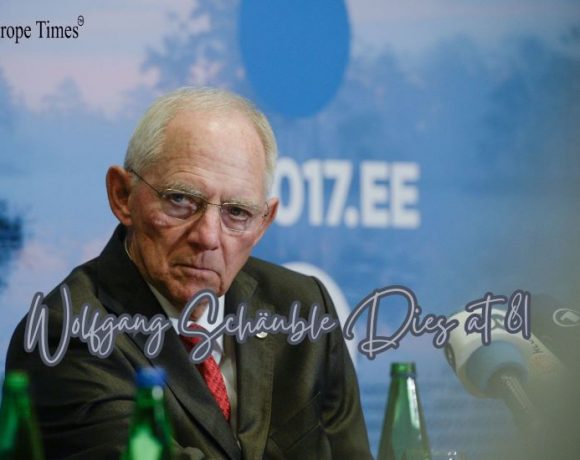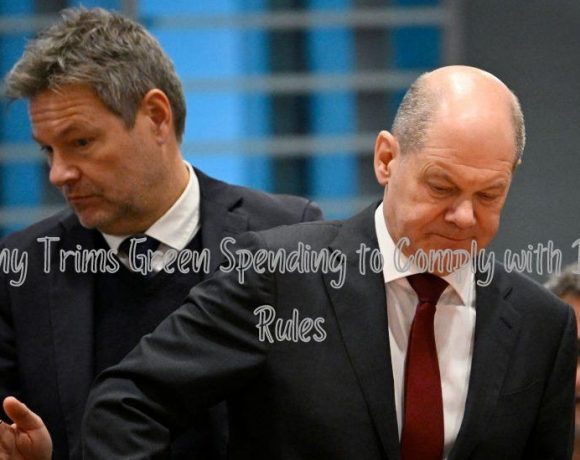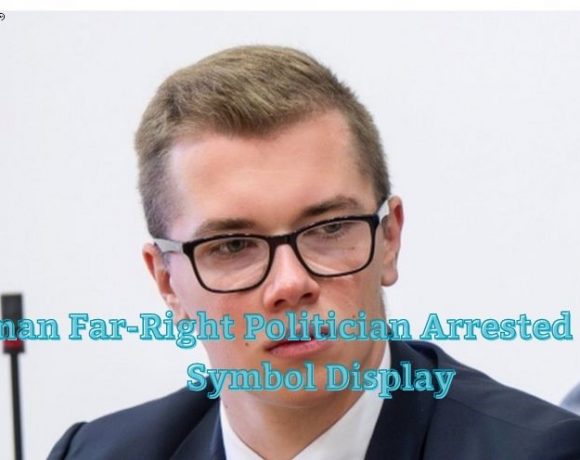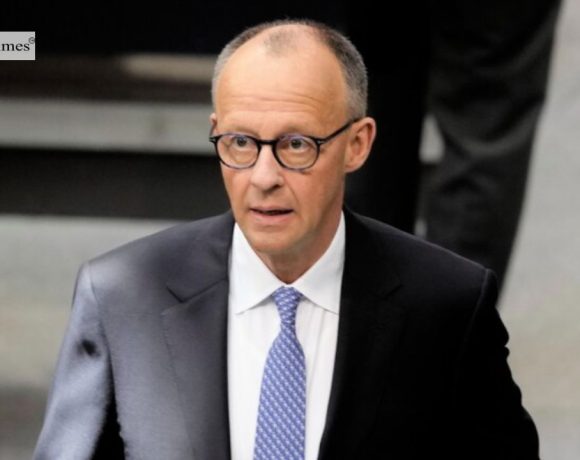
German Chancellor Friedrich Merz narrowly secured parliamentary approval for a contentious pensions bill, passing it with 318 votes in the 630-seat Bundestag, despite internal rebellion from members of his own conservative bloc. The bill, which adds €185 billion to pension spending over 15 years and maintains pension levels at 48% of average wages until 2031, was a key coalition agreement with the centre-left SPD.
However, the tense vote exposed Merz’s shaky control over his ruling coalition, just seven months into his term. Several conservative lawmakers opposed the plan, calling it financially irresponsible and unfair to younger generations. Analysts warn that internal conflicts and governance challenges are damaging Merz’s authority and could hinder future economic and defence reforms, while fuelling a surge in support for the far-right AfD.
Merz has pledged broader pension reforms next year, including possible longer working years and delayed pension eligibility. Despite winning international praise for his stance on Ukraine, his domestic approval has fallen sharply to about 25%. Polls show declining support for both governing parties, reinforcing concerns that the coalition appears divided, ineffective, and increasingly unstable.
Pic courtesy: google/ images are subject to copyright

